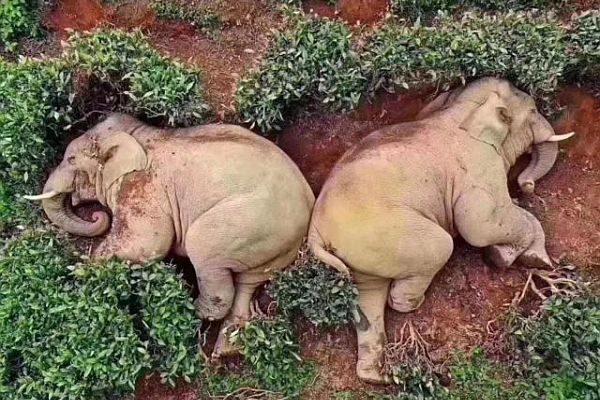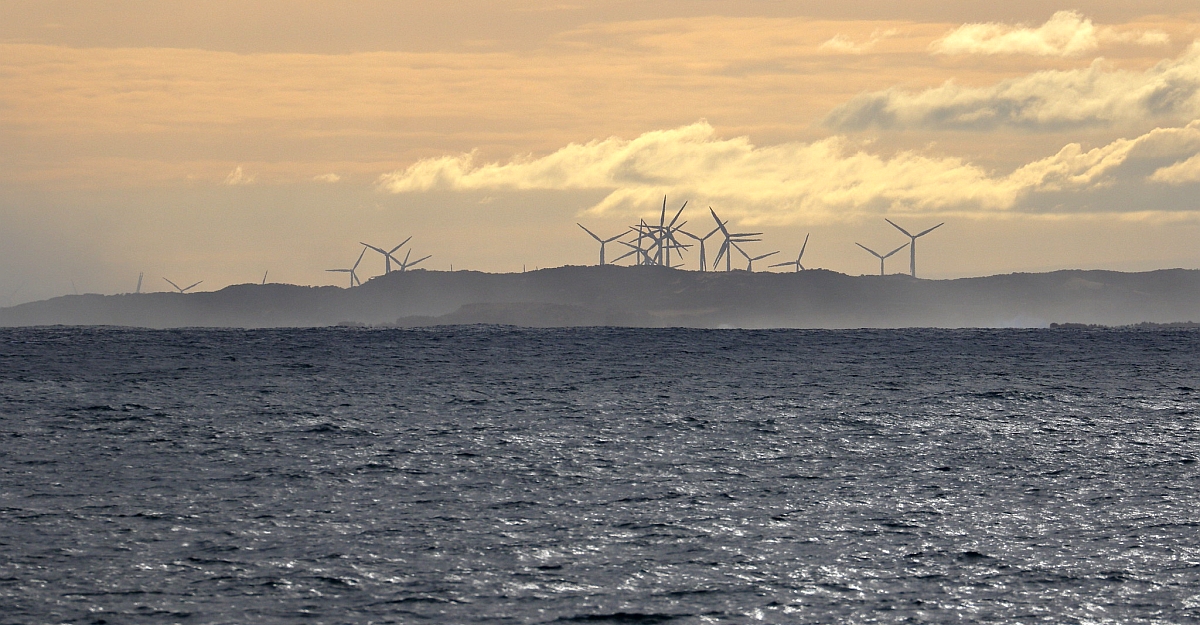After nearly two years of never knowing whether to believe the worst, of trying to focus on the demands of their day-to-day lives and then helplessly absorbing every rumour about what the government had in store for them, of never being able to justify either their alarm or their composure with hard fact – after so much perplexity, they were so ripe for delusion that, when the parents gathered on their beach chairs to chat together in the alleyways at night, the guessing game that invariably started up could go on without letup for hours.
– Philip Roth, The Plot Against America (2004)
Chances are that you’ve come across F Scott Fitzgerald’s letter from quarantine, composed in the depths of the author’s isolation in the south of France during the Spanish flu pandemic, and a viral sensation since the start of the coronavirus outbreak. ‘The officials have alerted us to ensure we have a month’s worth of necessities,’ Fitzgerald writes. ‘Zelda and I have stocked up on red wine, whiskey, rum, vermouth, absinthe, white wine, sherry, gin, and lord, if we need it, brandy. Please pray for us.’
Of course, no such letter exists. The words belong to Nick Farriella, and were penned by the New Jersey-based fiction writer not in 1920 but a century later, for the satirical magazine McSweeney’s. What’s so striking about Farriella’s letter is how credible it sounds – though it makes a good fist of approximating Fitzgerald’s jazzy modernist flourishes – but its transparency as a fake. The depictions of Fitzgerald and Zelda (incorrigible souses) and Hemingway (a hot-headed maverick) are obvious caricatures. The letter itself speaks rather too neatly to the current pandemic with its references to hand washing, avoiding public spaces, and even Hemingway’s virus denialism – more reminiscent of the brainsick utterances of presidents Trump and Bolsonaro than anything in Fitzgerald’s time.
As another global pandemic bears down on all of us, the letter’s popularity is no mystery. It gives us permission to face our own crisis with swagger (and a well-stocked bar). And it does what the great literature of the past does: it universalises an experience of suffering that had felt particular to one time and place, and, by doing so, gives us hope that we too can live to see, as Farriella-as-Fitzgerald has it, ‘a better morrow’.
So ubiquitously liked and shared has the letter been across social media, it didn’t initially occur to me to check its veracity. In fact, I probably read it, or at least bits of it, half a dozen times before twigging (in my defence, as a writer who likes a drink I was no doubt more susceptible to the letter’s charms than others). Presumably, all those sharing it had not bothered to look into – or simply didn’t care about – its authenticity either.
We know that there is a limit to the amount of bad news we can be exposed to before being overwhelmed by ‘disaster fatigue’. We also know that we’re more likely to believe something is true if it confirms our pre-exisiting beliefs (the confirmation bias effect) or satisfies a strong desire – for example, for cheering stories when news and social media seem bereft of them.
We didn’t share Farriella’s letter because it felt genuine, but because it answered to our emotional needs: for lightness in dark times; to ‘feel seen’ (if large and varied stockpiles of alcohol are your thing); and for the solace that comes from knowing others have been where you are before, and were able to make it through to the other side. (Even if, twenty years after his letter was supposedly written, Fitzgerald was dead from alcoholism at the age of just forty-four.)
In the last few weeks you may also, like me, have come across viral good news stories about dolphins reappearing in Venice canals emptied of people by COVID-19, and of elephants drunk on corn wine passing out in abandoned Chinese tea gardens. I, too, took these to be true – until alerted by a Facebook friend less daunted than me by the prospect of raining on everybody’s parade.
By now, these debunked stories of nature returning to depopulated areas have become the subject of merciless parodies (a familiar feature of the fake news cycle that, in their way, provide as much uplift as the original posts). But, like the phony letter from quarantine, they answer to yearnings that are difficult to laugh away. As Steve Morris, a biologist at the University of Bristol told National Geographic, ‘people just want to believe in drunken elephants’.
The prevalence of such stories – the source of much hand-wringing by the media cognoscenti – is debated. One recent study published in Science Advances suggests fake news comprises only 0.15 per cent of Americans’ daily media consumption. On the other hand, the original elephant tweet amassed almost a million likes and hundreds of thousands of shares, to say nothing of the innumerable copycat posts that followed.
On the face of it, taking such things to be true seems a harmless enough fact of twenty-first century life – certainly no worse than that we watch reality TV or listen to Ed Sheeran (himself the subject of another recently circulated fake news story about an impersonator tricking churches in Ohio into giving him sandwiches).
Nor can these kinds of stories be equated with – to take one especially egregious recent example – Trump’s specious championing of the anti-malarial drug hydroxychloroquine as a remedy for COVID-19, which is having disturbing real world affects. (In the US, a man died from ingesting chloroquine phosphate, and, closer to home, my mother has had trouble filling her script for hydroxychloroquine – sold under the brand name Plaquenil – which she takes as a treatment for severe lupus. She has heard that doctors are hoarding it in the hope it will protect their families from the virus, but this could just be fake news on top of fake news.)
During times of crisis, such as the one we are living through now in which developments supersede one another with confounding speed, the border between the real and the fake is an especially porous one, our vulnerability to not being able to readily distinguish between the two exacerbated by our anxious, round-the-clock engagement with news sources reliable and otherwise. In some small, but perhaps significant way, every false news story we read and repeat chips away at the edifice of the real, leaving us adrift in what Philip K Dick called ‘pseudo-realities’.
In isolation, uplifting stories about dolphins and elephants are essentially contentless divertissements more properly viewed as part of the machinery of the click economy than the news (to the extent the two can still be meaningfully told apart). But while the phenomenon is easily lampooned, the pervasiveness of fake news that depicts the thriving of animals and nature in the absence of people speaks to a larger narrative, and one that many of us seem all-too eager to have confirmed: that the planet, and its myriad non-human species, would be better off without us.
There is an emerging body of evidence that many cities have seen a drastic reduction in air pollution since the implementation of coronavirus travel restrictions, a rare, actual piece of good news receiving widespread attention amongst the daily doom and gloom. But COVID-19 news – good and bad, true and false – has had the affect of killing stories of arguably far greater significance in terms of our relationship to the planet.
You may, for instance, have missed the news that the summer just gone produced the third mass coral bleaching of the Great Barrier Reef in just five years – a portent, according to some scientists, of future conditions under which tropical reefs will not bleach anomalously, but virtually every year. You may also have missed the Bureau of Meteorology’s ‘Special Climate Statement 73’, an extraordinary document – barely discoverable by Google – that details one after another record-breaking fact about the intensity of Australia’s 2019-20 summer, including our hottest day (18 December) and month (December, in every mainland state except for Victoria) ever recorded. If we need further evidence of humanity’s destructiveness, we need look no further than these almost entirely disregarded stories.
It may be easier, and more desirable in times of crisis, to focus on tall tales of nature rebounding in our absence than to truly reckon with our place in the global ecosystem. But reckon we must if we are to avoid, on the one hand, magical thinking, and on the other, environmental misanthropy – namely the barbaric idea, held solely by privileged white people, that COVID-19, by reducing the world’s population, is a cause for celebration.
‘Reality,’ Philip K. Dick famously observed, ‘is that which, when you stop believing in it, doesn’t go away.’ We can no more end the climate emergency by ignoring it than we can eliminate fake news by pretending not to know why we are drawn to it in the first place. But in a world in which the truth-averse leaderships of more than one global superpower are having disastrous consequences for humans and the natural world alike, our resistance to the allure of the unreal may be a matter of little jest.
Something Fitzgerald, that great chronicler of the promise and failure of the American Dream, may well have drunk to.






